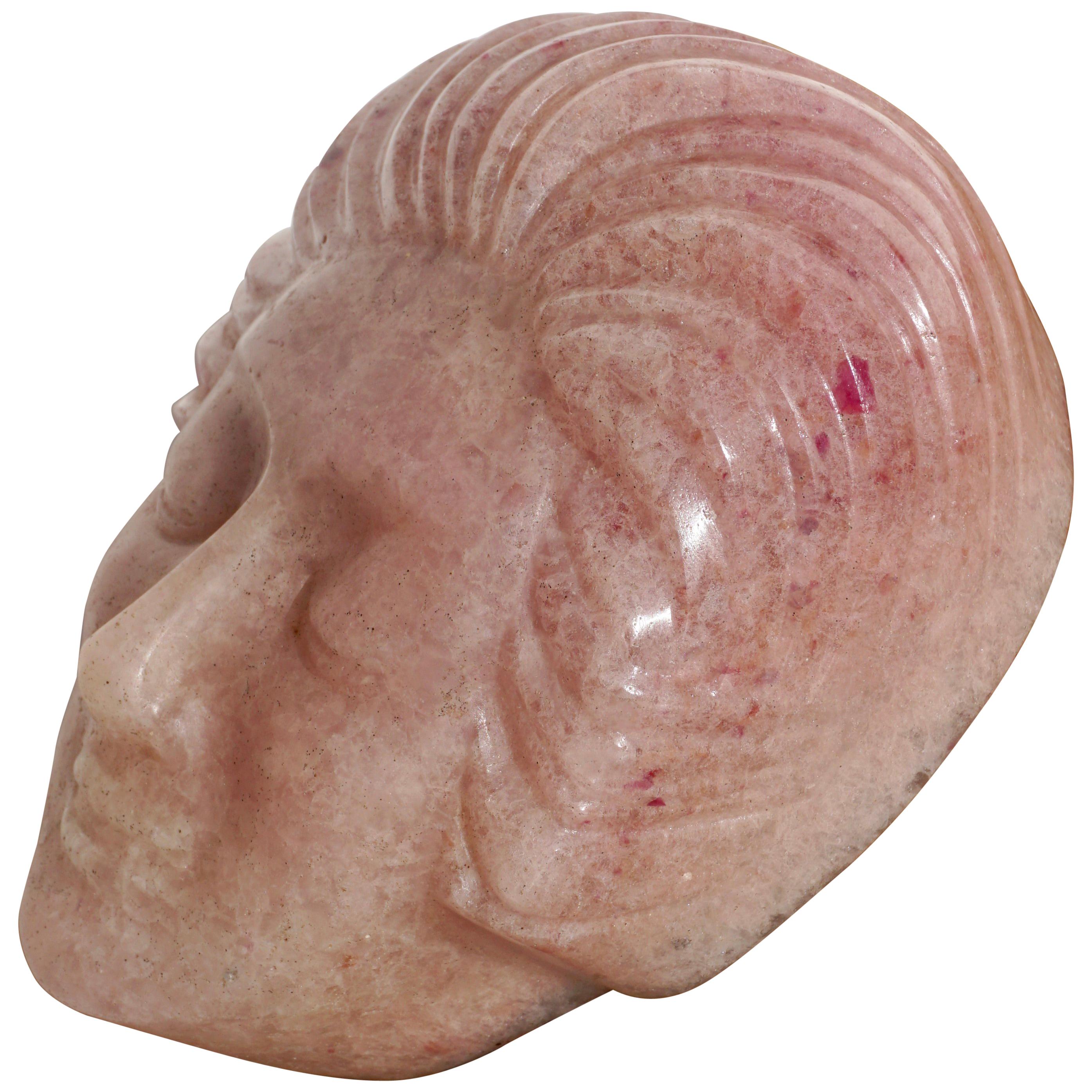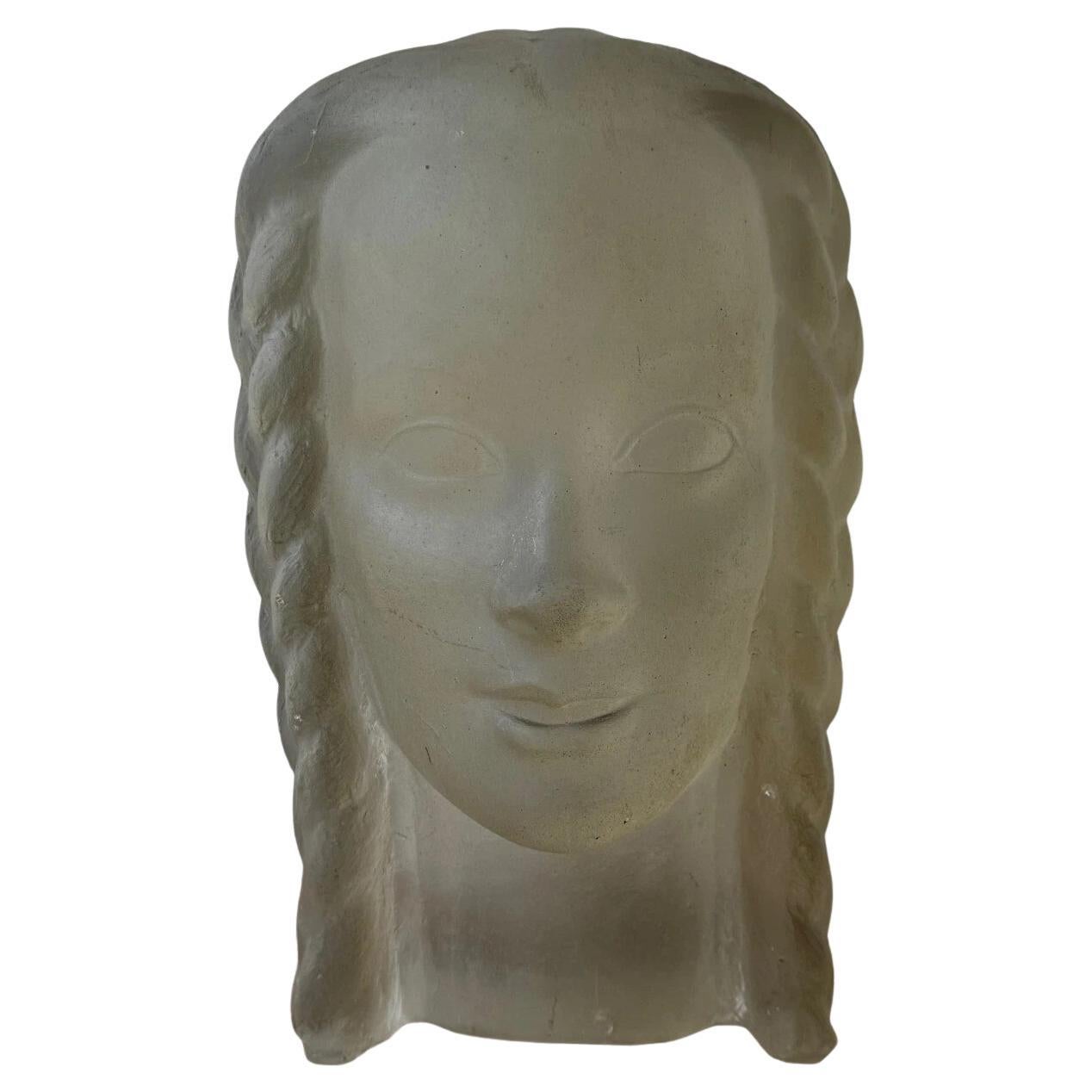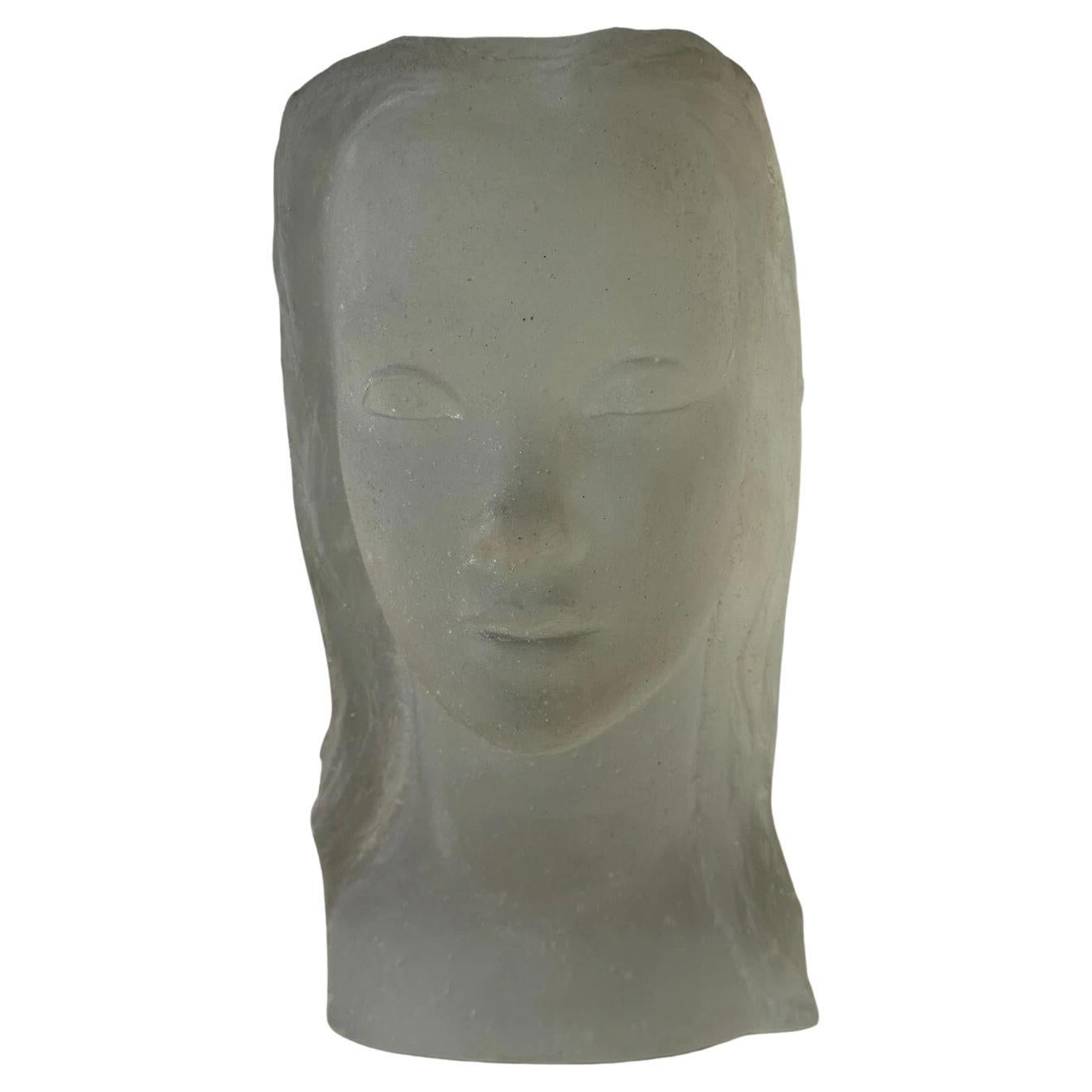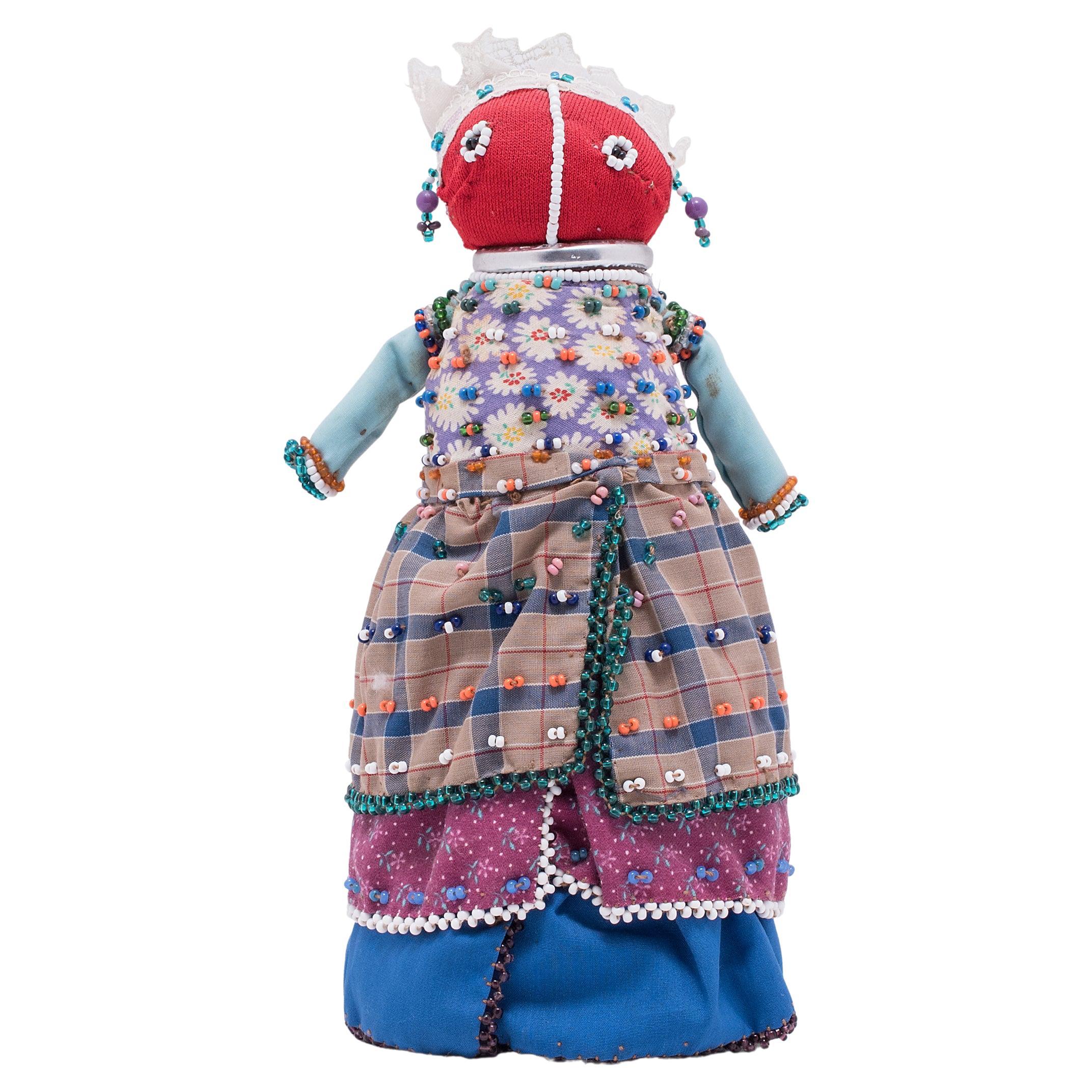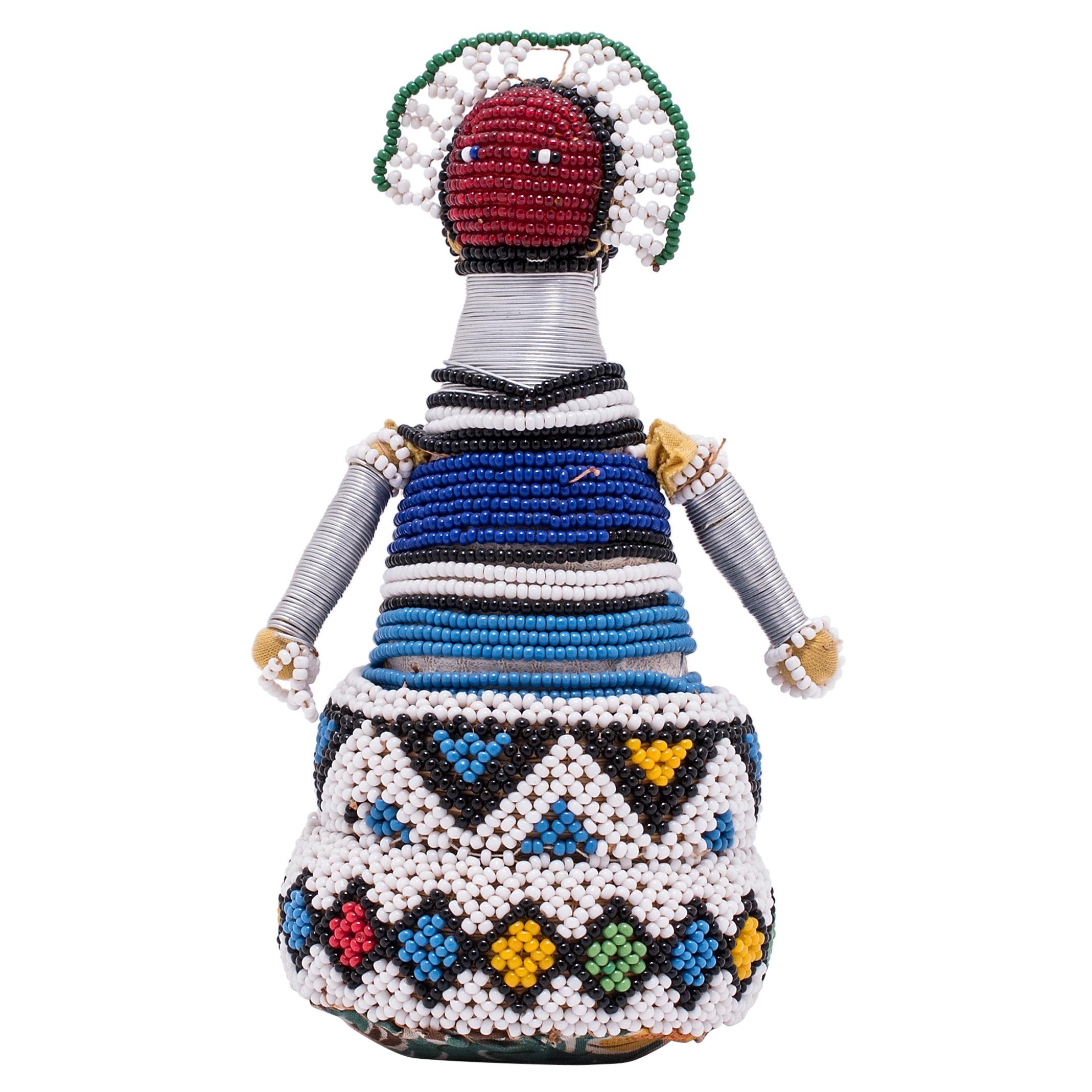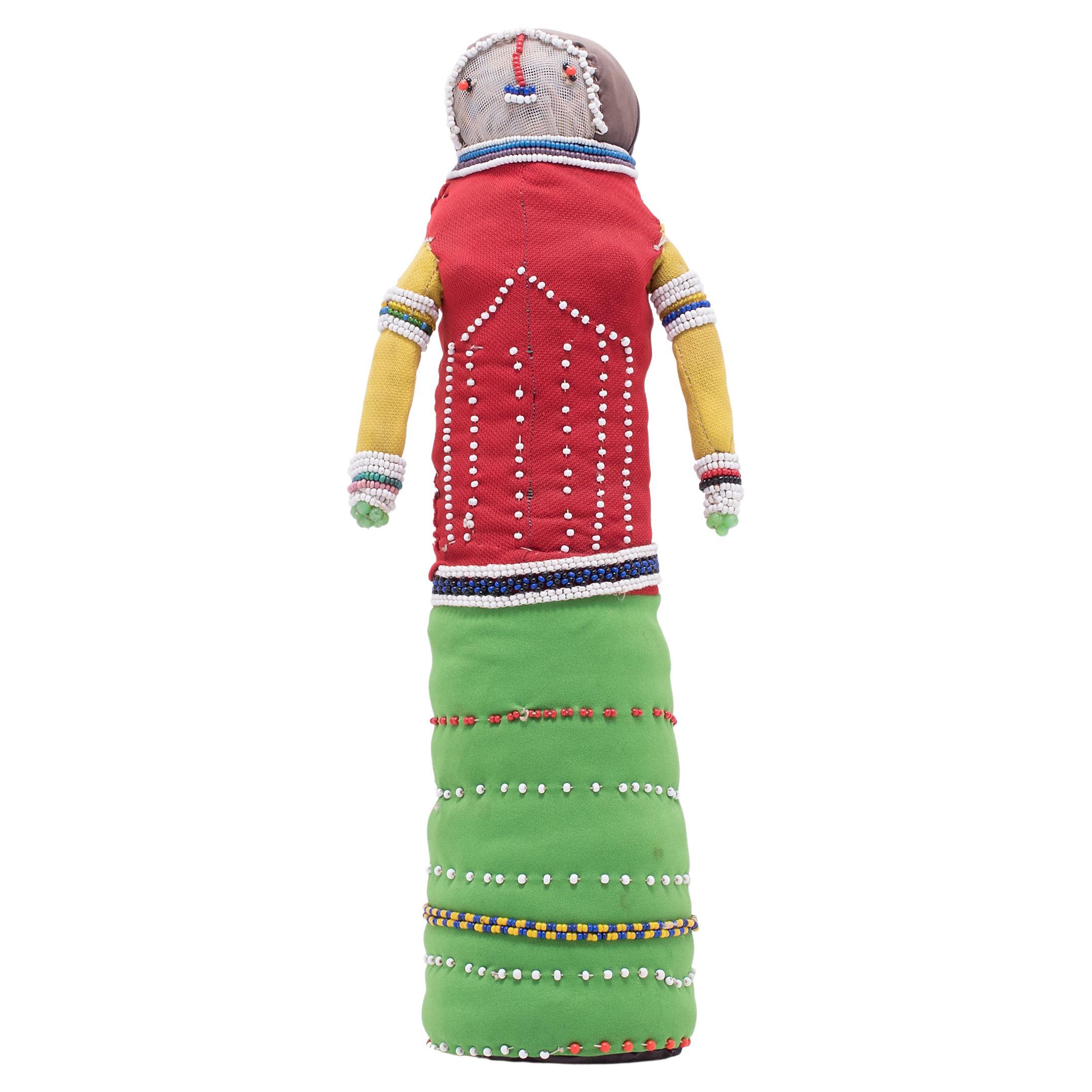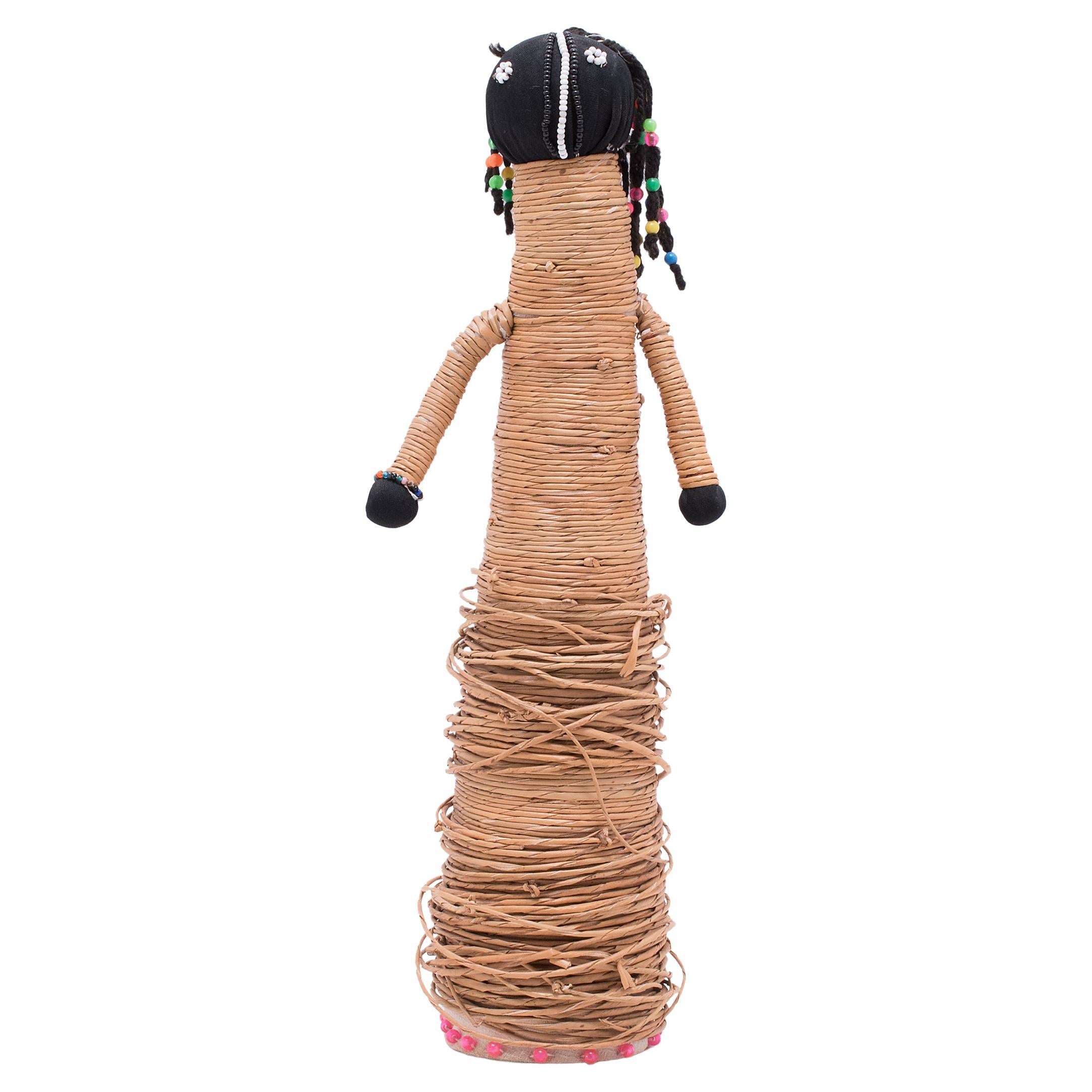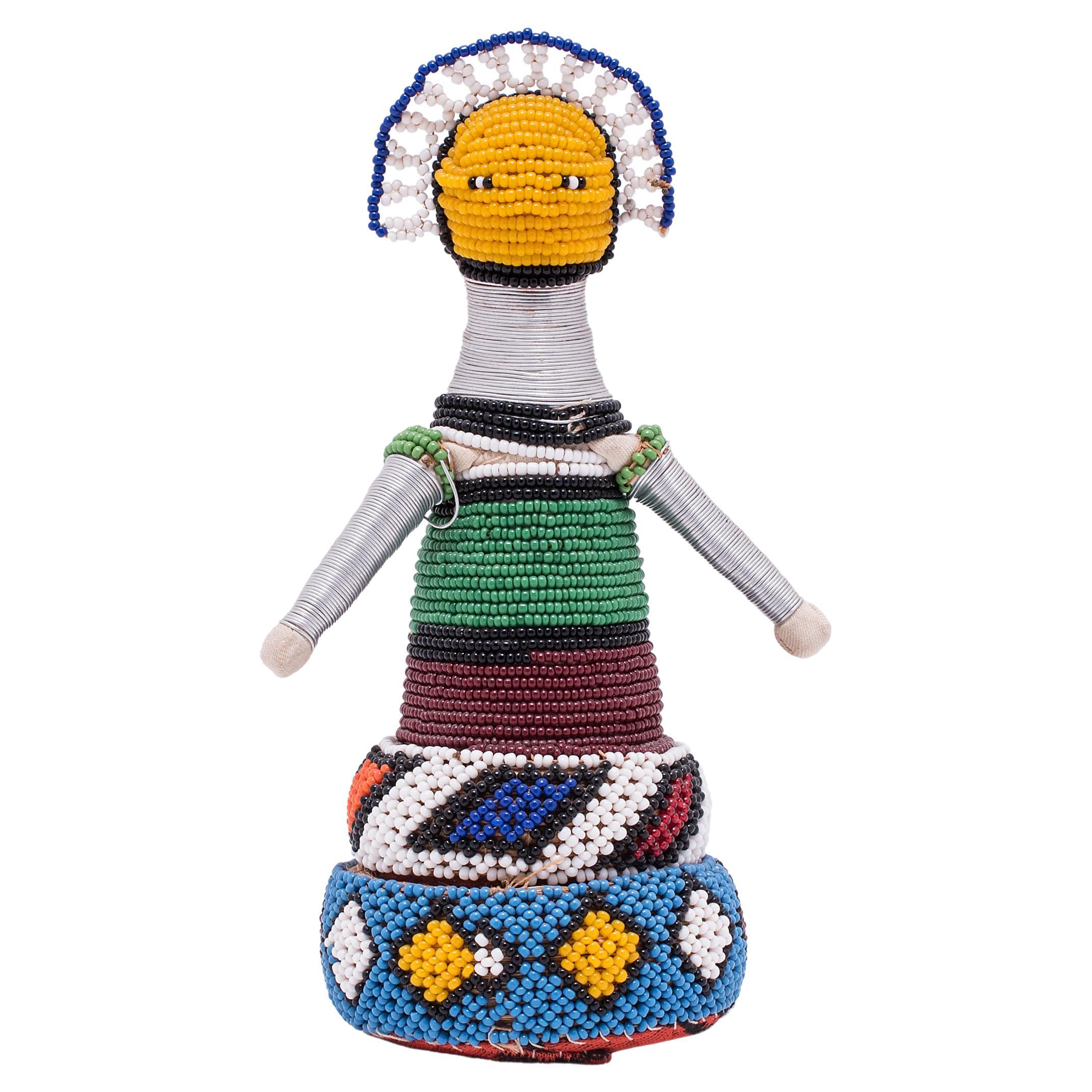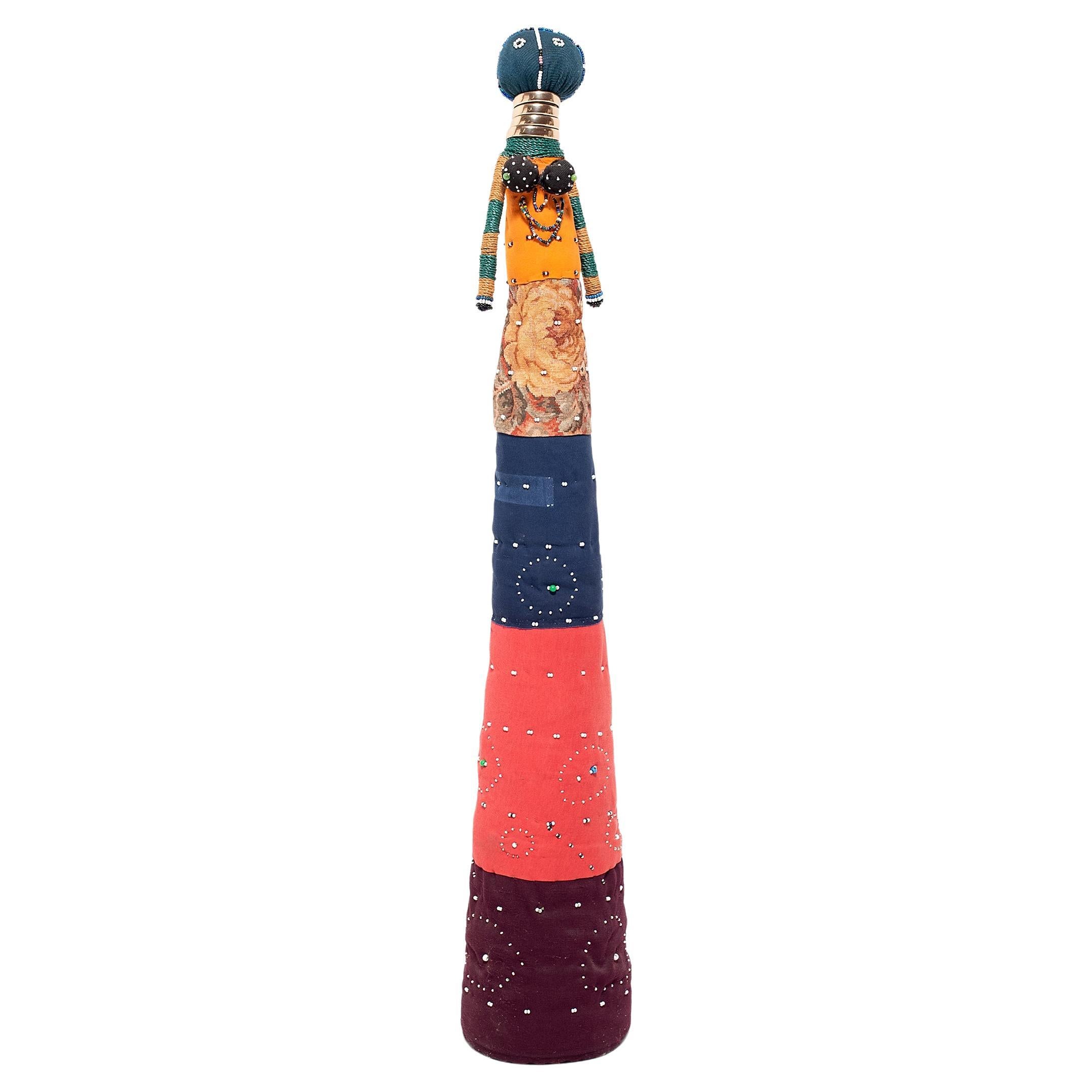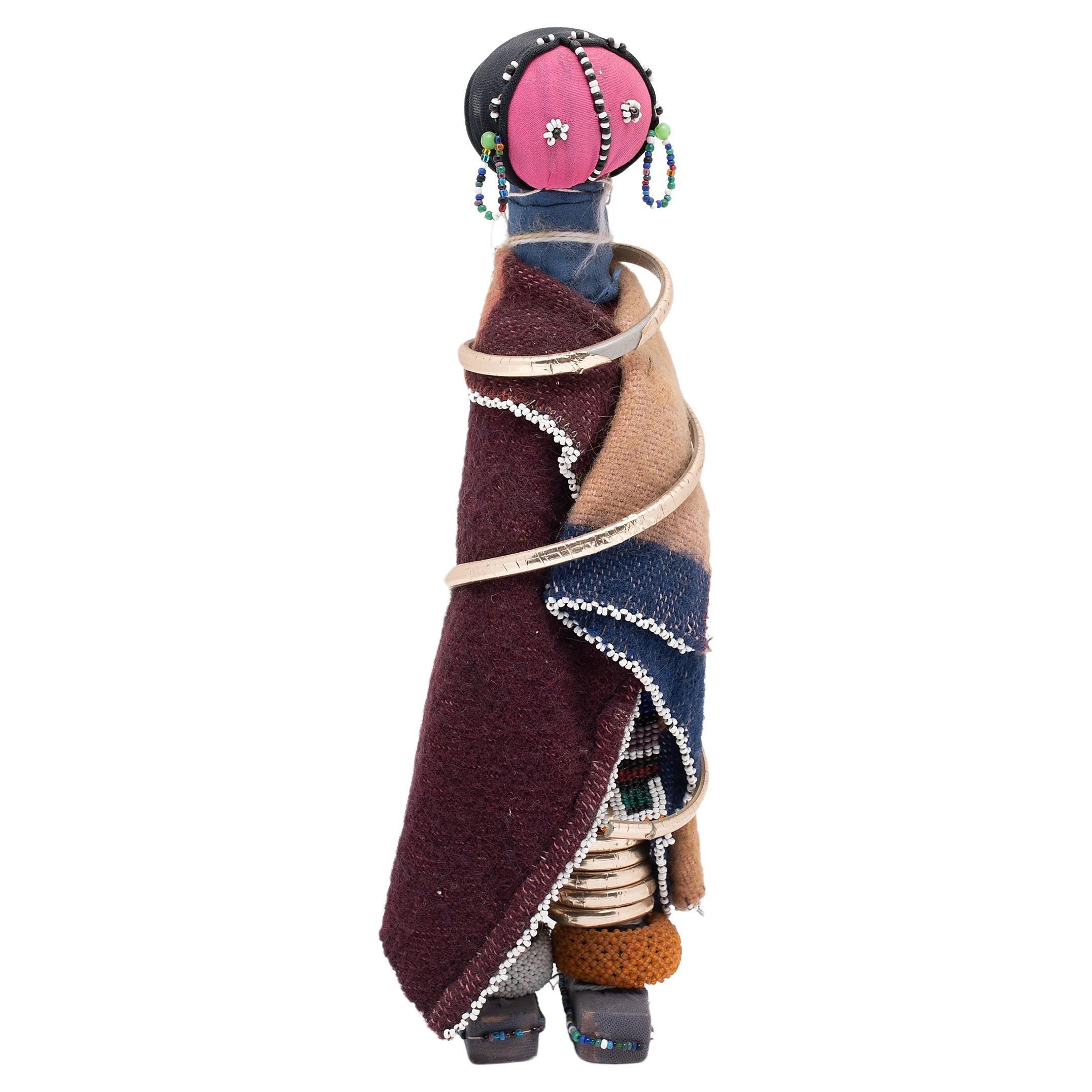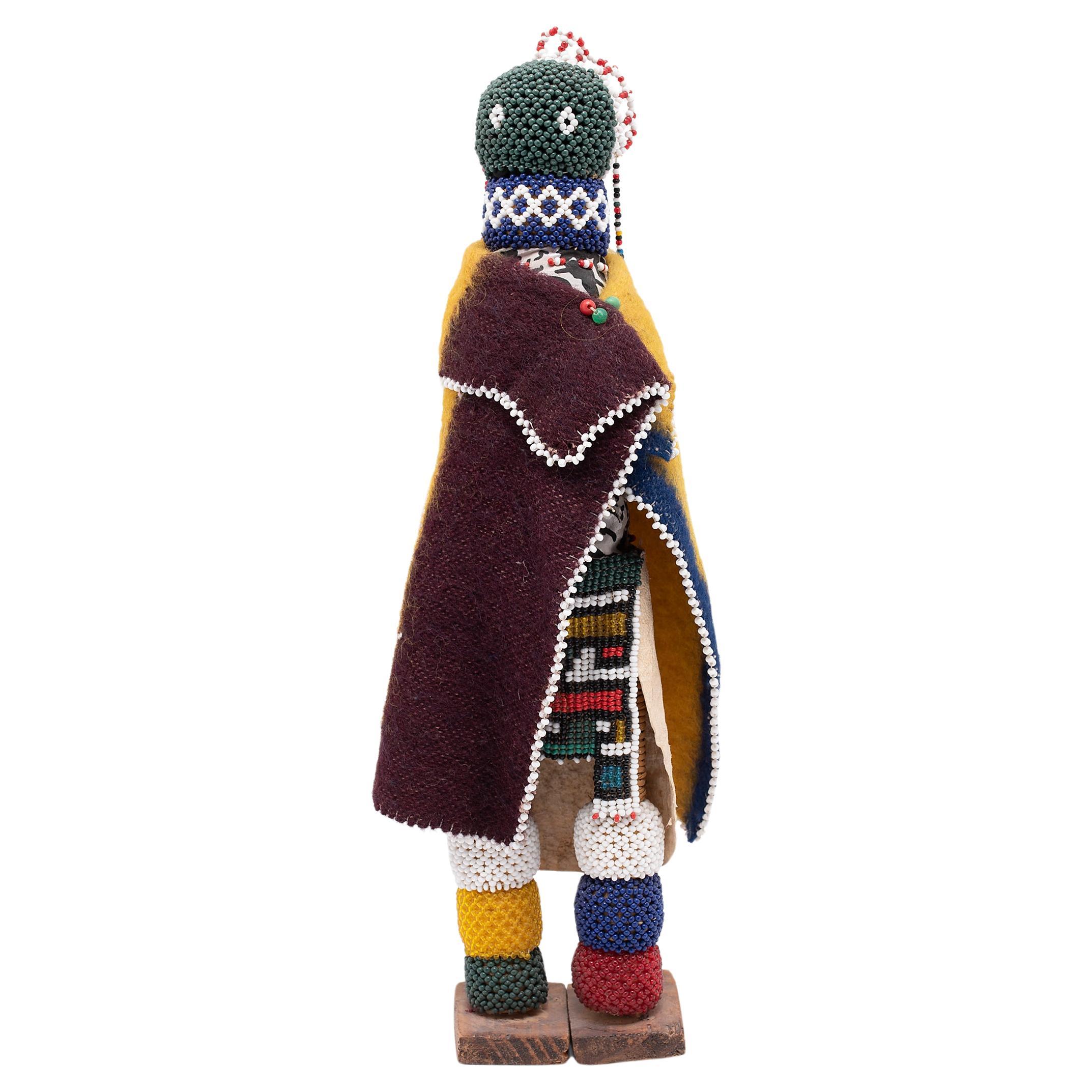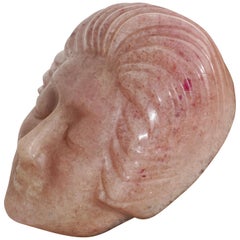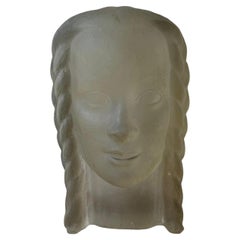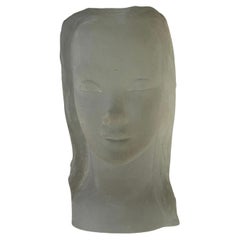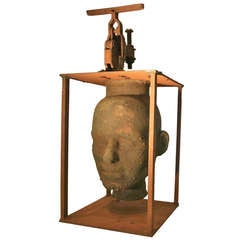
Plastic Mold Doll/ Adult Face
View Similar Items
1 of 4
Plastic Mold Doll/ Adult Face
About the Item
- Dimensions:Height: 14 in (35.56 cm)Width: 6 in (15.24 cm)Depth: 7 in (17.78 cm)
- Materials and Techniques:
- Place of Origin:
- Period:
- Date of Manufacture:1950-90's
- Condition:
- Seller Location:North Beninngton, VT
- Reference Number:1stDibs: LU10009916266
Authenticity Guarantee
In the unlikely event there’s an issue with an item’s authenticity, contact us within 1 year for a full refund. DetailsMoney-Back Guarantee
If your item is not as described, is damaged in transit, or does not arrive, contact us within 7 days for a full refund. Details24-Hour Cancellation
You have a 24-hour grace period in which to reconsider your purchase, with no questions asked.Vetted Professional Sellers
Our world-class sellers must adhere to strict standards for service and quality, maintaining the integrity of our listings.Price-Match Guarantee
If you find that a seller listed the same item for a lower price elsewhere, we’ll match it.Trusted Global Delivery
Our best-in-class carrier network provides specialized shipping options worldwide, including custom delivery.You May Also Like
1960’s Molded Plastic Weight Lifter with moving arms
Located in Philadelphia, PA
Injection Mold Plastic Weight-Lifter that lifts and lowers his arms when plugged in and running. Very Clever period piece, perfect for that weight-lifter in your life! Has a bracket in back that lets you hang it on peg board...
Category
Vintage 1960s American Mid-Century Modern Figurative Sculptures
Materials
Plastic
$600 Sale Price
20% Off
Francoise Emile Decorchemont Pate De Verre Mold of a Woman’s Face
By Francois Decorchemont
Located in Dallas, TX
François-Emile Decorchemont Pate-de-Verre Glass Mold Of A Female Ladies Face. A rare, large and very heavy sculpture of either a mask or a modeled face. At 3.5 inches thick in glass with a peach, pink or rose color; this statue was exhibited in the Brooklyn Museum, New York in 1971. With much research; I haven’t seen or heard of a similar form by Decorchemont. The original Brooklyn Museum loan sticker is on verso with the Decorchemont stamp on her left cheek. For serious collectors or rare Art Deco, Art Nouveau glass.
Circa 1910
Molded Signature DECORCHEMONT
Height: 7 Inches (13.3 cm)
Width:. 5.2 Inches (16.5cm).
AVANTIQUES is dedicated to providing an exclusive curated collection of Fine Arts, Paintings, Bronzes, Asian treasures, Art Glass and Antiques. Our inventory represents time-tested investment quality items with everlasting decorative beauty. We look forward to your business and appreciate any reasonable offers. All of our curated items are vetted and guaranteed authentic and as described. Avantiques only deals in original antiques and never reproductions. We stand behind our treasures with a full money back return if the items are not as described.
François-Emile Décorchemont French, 1880-1997
François Décorchemont, originally an accomplished painter and potter of recognized ability, turned to the making of glass in 1904. Pâté de verre was the medium in which he excelled and for which he is best known. After studying decorative art in Paris, François Décorchemont returned to his native Conches in 1910 to develop new techniques in stained glass, particularly in the use of crystal to give multicolored and faceted panes. After 1909, while continuing to produce fine glass paste pieces, Francois Decorchemont began to experiment with a new casting technique. François Decorchemont, Emile's son and also an artist, helped out in his father’s studio, in particular helping him to research the possibilities of creating jeweled adornments in pates d'email (enamel pastes) for Gerome's polychrome sculptural creations.
Francois Décorchemont, a potter and painter at the outset of his career, became fascinated with the IDEA of developing and utilizing a thin translucent glass material in his work. It was in essence the revival and an adaptation of a long forgotten Egyptian glass-making process using colored crystal powdered glass, metallic oxides and an adhesive paste. This "new" material, known as pâte de verre was developed around the turn of the century, principally at the Sevres porcelain factory, by a number of artists working there, notably Henri Cros and Albert Dammouse.
The end of the 19th century was an illuminated period in the history of art. Impressionist painting appeared and created an interest in glass as material. Traditional sculpting materials such as bronze and marble made way for glass with its possibilities of light and color. Henry Cros and François Décorchemont became the leaders of French pâte de verre and facilitated the proliferation of this colorful glass. His first major work, in 1934, was inn the Eglise Sainte-Odile near Porte Champerret in Paris, some 300 square meters of brilliant colors. After the war, he devoted his work to churches in the Eure, including of course Beuzeville where, thanks to the generosity of the local council, the church is lit at night so that his work can be admired from outside. During the first half of the 20th century a number of French artists became famous for their work in pâte de verre, and Francois Decorchemont among them. March 2014, 20th Century’s Greatest Art Dealer Felix Marcilhac’s Collection Privee at Sotheby’s - Chang Yi Entrusts Antoine Leperlier in the Bidding of a Francois Decorchemon's Original. It has been reported that Felix Marcilhac’s Collection Privee auction at Sotheby’s brought in 33,125 Euros (28,000 RMB), three times the estimated price. Marcilhac is considered the greatest Art Deco dealer...
Category
Vintage 1910s French Art Deco Figurative Sculptures
Materials
Art Glass
Sculpture by Lucien Lafaye, female face in molded glass, circa 1950
By Lucien Lafaye
Located in NANTES, FR
This piece strongly reminds us of Lucien Lafaye (1895–1976), although the sculpture bears no signature. It is made of molded glass and depicts a delicate female face.
The entire piec...
Category
Vintage 1930s French Art Deco Figurative Sculptures
Materials
Cut Glass
Sculpture by Lucien Lafaye, female face in molded glass, circa 1950.
By Lucien Lafaye
Located in NANTES, FR
This piece strongly reminds us of Lucien Lafaye (1895–1976), although the sculpture bears no signature. It is made of molded glass and depicts a delicate female face.
The entire pie...
Category
Vintage 1930s French Art Deco Figurative Sculptures
Materials
Cut Glass
Beaded Ndebele Ceremonial Doll
Located in Chicago, IL
A rare imported commodity, glass beads have been a symbol of wealth and importance in south African cultures for centuries, and were exclusively distributed by the region's oba (king). As beads become gradually more accessible throughout the 19th century, they began to displace the organic materials used in traditional art and attire.
This colorful example of African beadwork is a ceremonial doll...
Category
Late 20th Century South African Folk Art Figurative Sculptures
Materials
Cotton, Wood
Beaded Ndebele Fertility Doll
Located in Chicago, IL
A rare imported commodity, glass beads have been a symbol of wealth and importance in south African cultures for centuries, and were exclusively distributed by the region's oba (king). As beads become gradually more accessible throughout the 19th century, they began to displace the organic materials used in traditional art and attire.
This colorful example of African beadwork is a fertility doll...
Category
20th Century South African Folk Art Figurative Sculptures
Materials
Cotton, Wood

